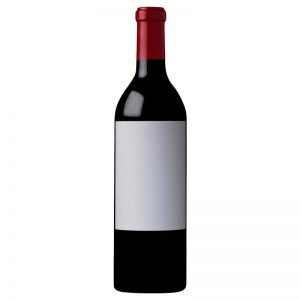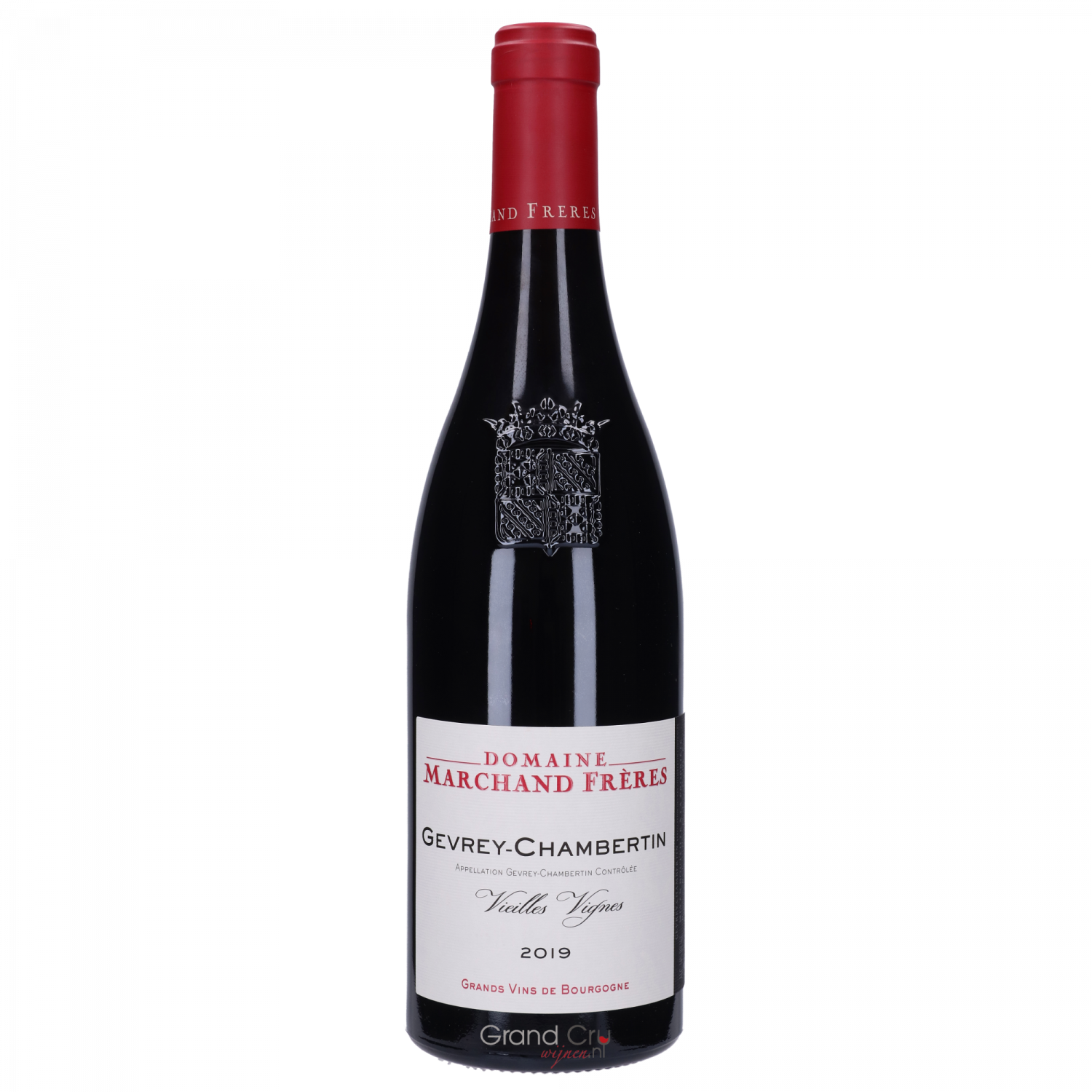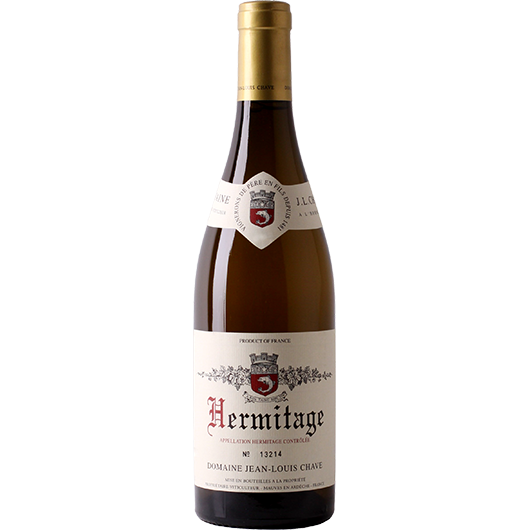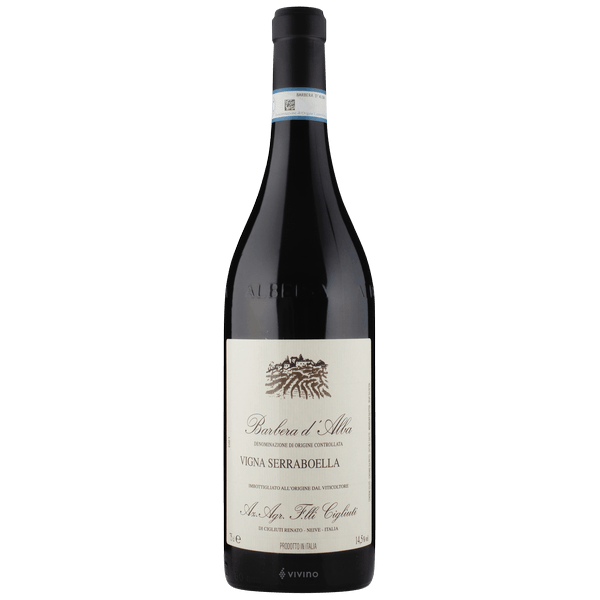Chateau Frank Celebre Rose
Chateau Frank Celebre Rose
Related products
Uncategorized
2018 Domaine Jean-Louis Chave Hermitage Blanc 2018 Domaine Jean-Louis Chave Hermitage Blanc Rich and silky, but showing no heaviness, with a touch of lemon verbena on the nose. The alcohol is high yet not unbalanced, with an inner mineral freshness leading to a rich, long and generous butterscotch finish. A big vintage for Chave’s white [...]
Uncategorized
2008 Cigliuti Barbaresco Vigna Erte 2008 Cigliuti Barbaresco Vigna Erte
Uncategorized
GONZALEZ BYASS AMONTILLADO DEL DUQUE SHERRY 375ML
Uncategorized
2004 Hugel Et Fils Gewurztraminer Jubilee 2004 Hugel Et Fils Gewurztraminer Jubilee wines, beers and spirits across online stores Download the free app to find more. wines, beers and spirits across online stores Download the free app to find more.








